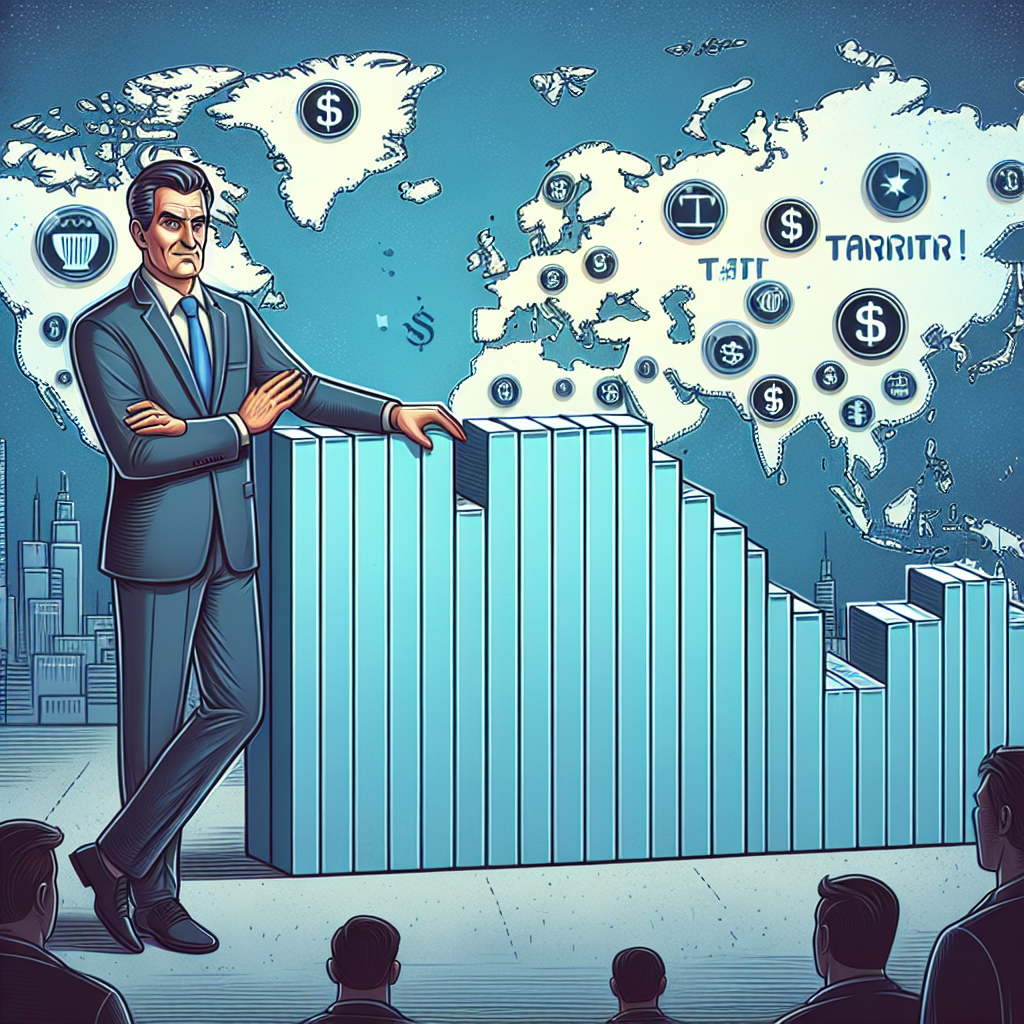Trump's Tariffs Ignite Economic Turmoil: A Dive into the Stagflation Threat
President Trump's new tariffs on import goods have prompted concerns of a looming U.S. recession. With potential for stagflation, Federal Reserve officials face new challenges in policy-making. The tariffs, which significantly raise import taxes, have fueled fears of economic downturn and inflation risks.

In a surprising move, President Donald Trump has introduced sweeping tariffs that analysts warn could transform the U.S. economic landscape. These significant import taxes have prompted economists to predict a possible recession that mirrors economic downturns seen throughout history, such as those during the 1930s and late 1800s.
The tariffs, marked at 10% for major partners and soaring to over 50% for China, present a potential tax average of 27% on imports. This stark contrast to the 2.5% rate at the end of Joe Biden's term has led to apprehensions among Federal Reserve officials, who now face the threat of stagflation.
Fed officials, including Governor Adriana Kugler, express concern over potential inflation and slowdowns in economic activity. Economists and markets are responding to the announcement, with Treasury yields falling and stocks dropping. As the Fed braces for possible rate cuts, the economic ramifications of these tariffs continue to unfold.
(With inputs from agencies.)
- READ MORE ON:
- Trump
- Tariffs
- Economy
- Recession
- Stagflation
- Federal Reserve
- Inflation
- Trade
- Import Tax
- US Economy










